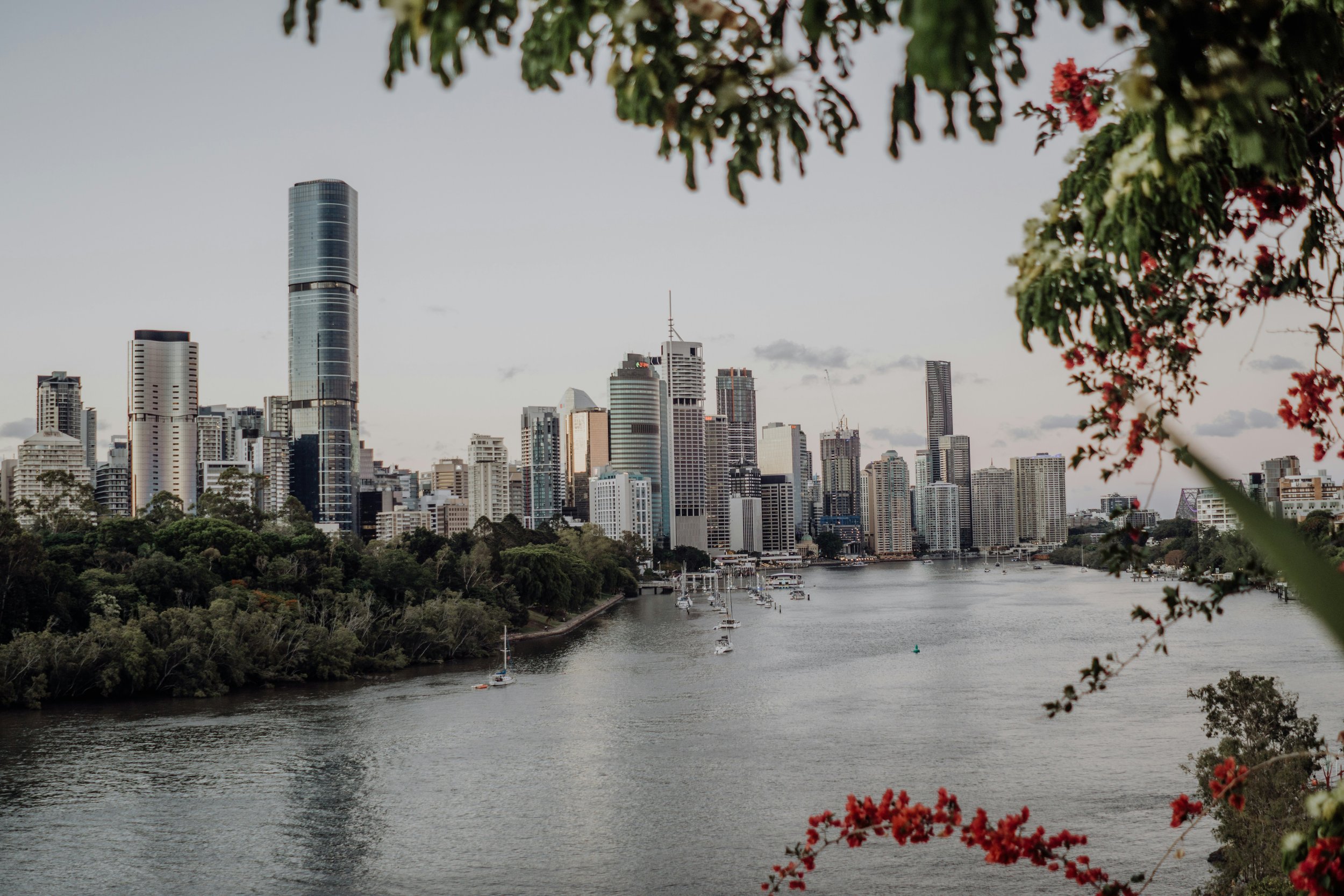Post-Graduation Pathways for International Students in Australia
Australia is a popular destination for international students, offering world-class education, a vibrant culture, and opportunities for personal and professional growth. But as graduation approaches, many international students find themselves asking, "What’s next?" Navigating post-graduation pathways can be challenging, but with the right information and preparation, students can make the most of their time in Australia and beyond.
Temporary Graduate Visa (Subclass 485)
One of the most common options for international students is the Temporary Graduate Visa (Subclass 485). This visa allows students to stay in Australia temporarily after they complete their studies, giving them the opportunity to gain work experience and apply the skills they’ve learned in their courses. There are two streams under this visa:
Graduate Work Stream: This is for international students who have recently graduated with skills and qualifications that relate to an occupation on the Skilled Occupation List (SOL). It allows you to stay and work in Australia for up to 18 months.
Post-Study Work Stream: This stream is available to international students who have graduated with a higher education degree. Depending on your qualification, you could stay in Australia for two to four years.
Further Studies
Many international students choose to continue their education after completing their initial degree. This could involve pursuing a postgraduate degree, such as a Master’s or Ph.D., which can not only deepen your knowledge and skills but also extend your stay in Australia. Further studies can be an excellent way to enhance your qualifications and improve your chances of securing long-term employment.
Permanet Residency (PR) Pathways
For those looking to make Australia their permanent home, exploring pathways to Permanent Residency (PR) is a key step. Several visa options can lead to PR, including:
Skilled Migration Visas: If your skills and qualifications are in demand in Australia, you may be eligible for a skilled migration visa. The most common options include the Skilled Independent Visa (Subclass 189) and the Skilled Nominated Visa (Subclass 190).
Employer-Sponsored Visas: If you have secured employment with an Australian employer, they may be able to sponsor you for a permanent visa. The Employer Nomination Scheme (Subclass 186) and the Regional Sponsored Migration Scheme (Subclass 187) are popular options.
State Nomination: Some Australian states and territories offer nomination for international graduates, which can make you eligible for a skilled visa. Each state has its own criteria and occupation lists, so it’s essential to research your options carefully.
Returning Home or Moving to Another Country
For some international students, returning to their home country or moving to another country might be the preferred option. The skills and experiences you’ve gained in Australia can be highly valued by employers globally. Before making a decision, consider:
Job Market in Your Home Country: Research the demand for your qualifications and the potential job opportunities.
Global Career Opportunities: Australia’s reputation for quality education can open doors in other countries, so don’t limit your job search to just one location.
Alumni Networks: Stay connected with your university’s alumni network, which can provide valuable support and connections as you transition to the next phase of your career.
Post-graduation is a pivotal time for international students in Australia, full of opportunities and decisions that will shape their future. Whether you choose to stay in Australia, return home, or explore global opportunities, careful planning and research are essential. Understanding your visa options, building your professional network, and staying informed about the job market can help you navigate this transition successfully. Remember, the experiences and education you’ve gained in Australia are valuable assets that will serve you well, no matter where your journey takes you next.




